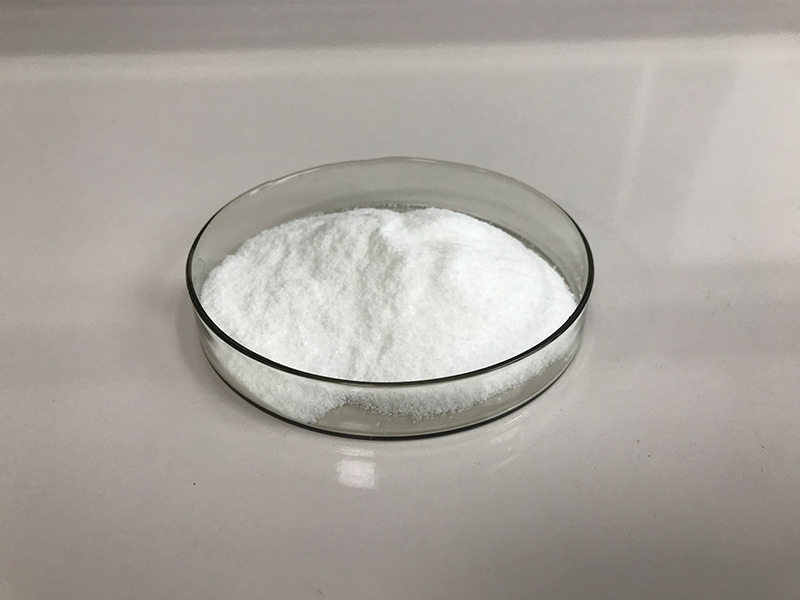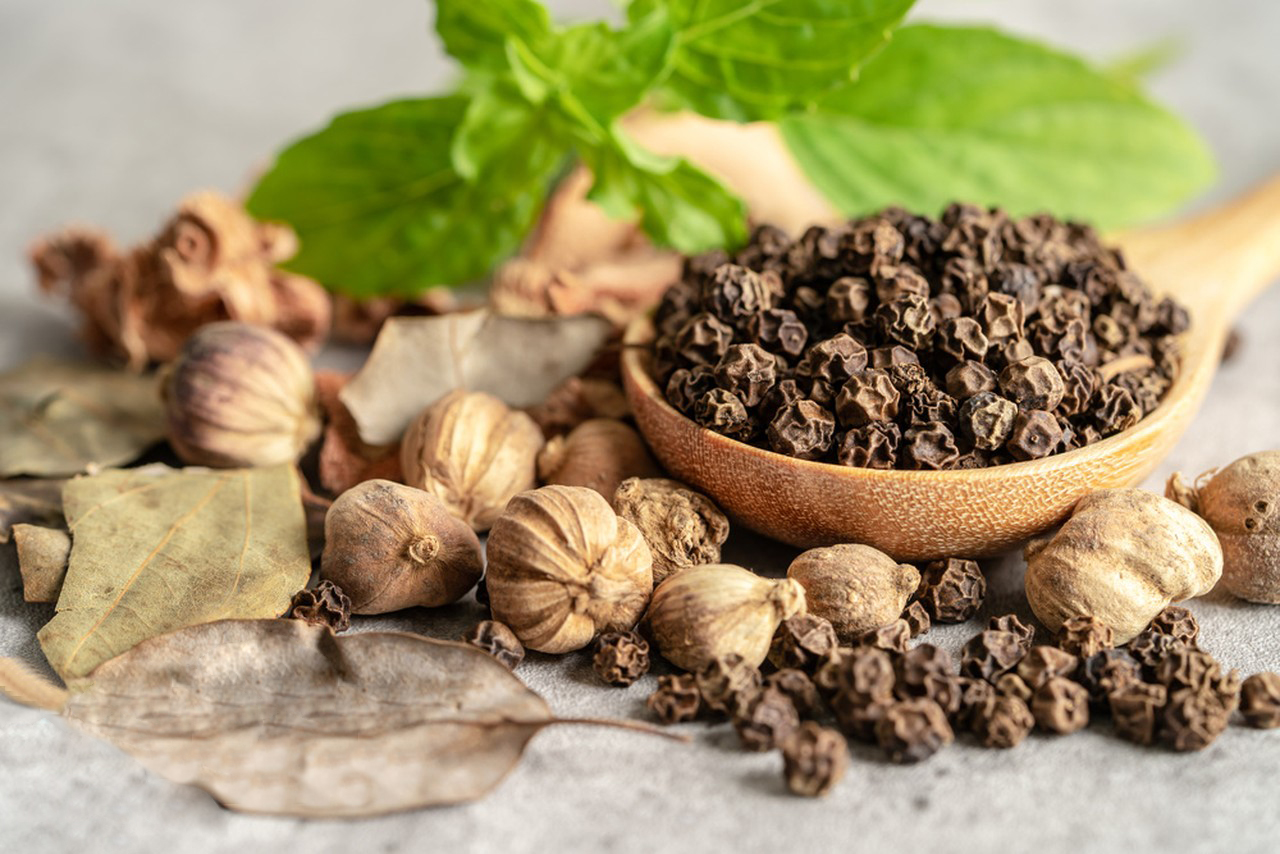Origin of Black Pepper Extract
Black Pepper Extract (Piper nigrum) is a flowering vine in the family Piperaceae, cultivated for its fruit, known as a peppercorn, which is usually dried and used as a spice and seasoning. Native to South India, black pepper has been a significant part of Indian cuisine and traditional medicine for centuries. It has also played a crucial role in global trade, particularly in the spice trade routes between Asia and Europe.
Nature of Black Pepper Extract
Black pepper extract is derived from the peppercorns of the Piper nigrum plant. The primary active component of black pepper extract is piperine, an alkaloid that gives black pepper its pungency and distinctive flavor. Piperine is also recognized for its potential health benefits, including enhancing the bioavailability of certain nutrients and drugs, antioxidant properties, anti-inflammatory effects, and potential benefits for digestion and cognitive function.
Introduction and Uses of Black Pepper Extract
The use of black pepper extract in modern applications extends beyond culinary purposes. Here are some of the key areas where black pepper extract is utilized:
1.Culinary Uses: Black pepper extract is widely used in cooking to enhance the flavor of various dishes. It is a staple ingredient in many spice blends and seasonings.
2.Nutritional Supplements: Piperine is often included in dietary supplements to improve the absorption and effectiveness of other nutrients, such as curcumin from turmeric. This combination is particularly noted in formulations aimed at joint health and inflammation reduction.
3.Traditional Medicine: In Ayurvedic and traditional Chinese medicine, black pepper has been used to treat various ailments, including digestive issues, respiratory problems, and infections.

4.Pharmaceuticals: Piperine is studied for its potential to enhance drug bioavailability, which could make medications more effective at lower doses.
5.Cosmetics and Skincare: Black pepper extract is sometimes incorporated into skincare products for its antioxidant properties, which may help protect the skin from damage caused by free radicals.
Production of Black Pepper Extract
The extraction process typically involves several steps:
1.Harvesting: Peppercorns are harvested from the Piper nigrum plant when they are mature but still green.
2.Drying: The peppercorns are dried, usually by sun-drying, which turns them black and wrinkled.
3.Extraction: The dried peppercorns undergo an extraction process, which can include methods like steam distillation, solvent extraction, or supercritical fluid extraction to isolate piperine and other active compounds.
4.Purification: The extract is then purified to achieve the desired concentration of piperine, which is usually standardized for consistency in supplements and other applications.
Health Benefits and Research
Research on black pepper extract, particularly piperine, has shown several potential health benefits:
Enhanced Nutrient Absorption: Piperine can significantly improve the bioavailability of various nutrients, including vitamins and minerals.
Anti-Inflammatory Effects: Piperine has been found to reduce inflammation markers in the body.
Antioxidant Properties: The extract helps combat oxidative stress by neutralizing free radicals.

Digestive Health: Black pepper stimulates digestive enzymes, enhancing digestion and nutrient absorption.
Cognitive Function: Some studies suggest piperine may have neuroprotective effects and could improve memory and cognitive function.
Conclusion
Black pepper extract, with its rich history and versatile applications, remains a valuable component in both culinary and medicinal contexts. Its primary active compound, piperine, continues to be the subject of extensive research due to its myriad potential health benefits. Whether used to spice up a dish or enhance the efficacy of a supplement, black pepper extract holds a significant place in both traditional and modern uses.
